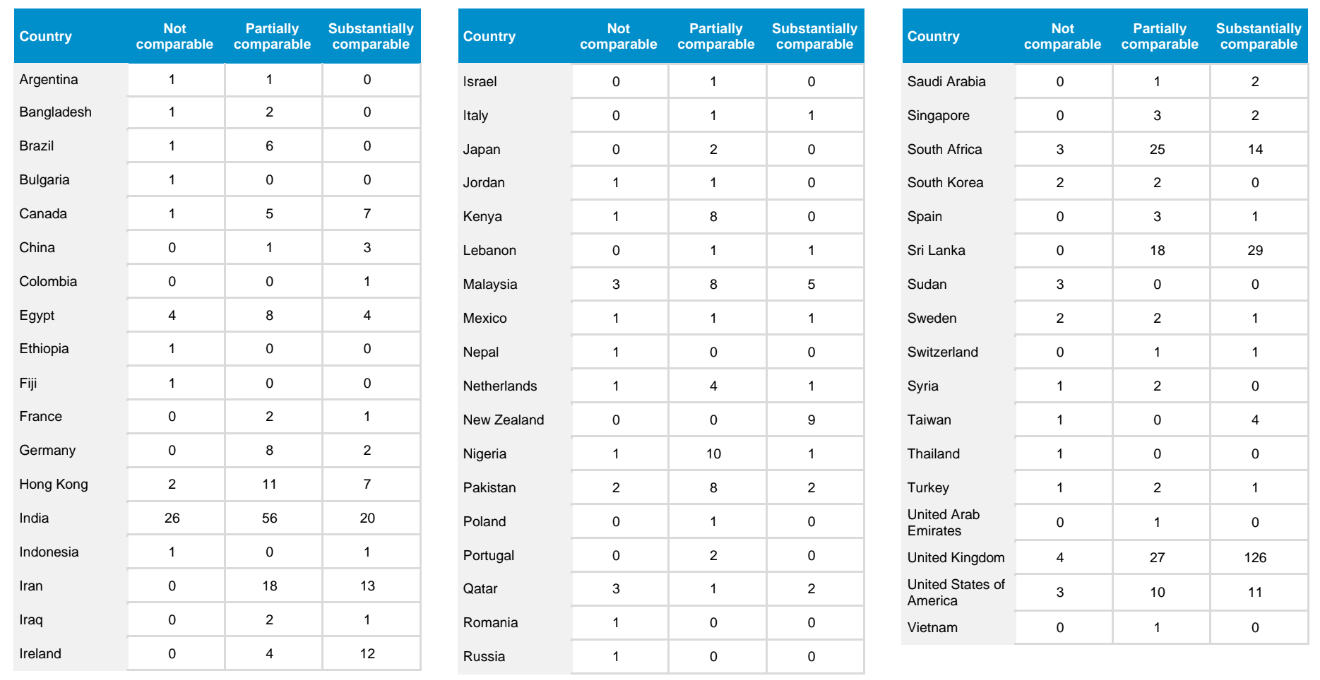This month, the Australian Federal Government released its National Mental Health Workforce Strategy 2022–2032.
There are 4 main pillars to its strategy. None of them controversial. They are:
- Attracting and retaining Australia’s mental health workforce.
- Aligning the skills, availability and location of mental health professionals with the needs of consumers;
- Appropriate investment to improve workplace cultures by reducing administrative burdens, addressing the causes of stress and burnout, and improvement employment stability and remuneration;
- Removing barriers to the mental health sector so different teams can access data, and improving the use of digital technology.
These recommendations come in a year in which the Kruk Report has been published (Kruk was commissioned to explore ways to reduce complexity, reduce duplication and inefficiency in the current processes (EPIC, RANZCP, AHPRA & visa) for Specialist International Medical Graduates like Consultant Psychiatrists without sacrificing patient and public safety.)

Post-covid, along with most countries, there seems to be a consensus amongst the sector that there is a crisis in the psychiatry workforce in Australia.
With this in mind, it's worth reviewing the data around the Medical Board of Australia’s standards for specialist international medical graduates from around the world who were assessed by RANZCP from 1st January 2022 - 31st December 2022. This is an annual report , published this year in September. It looks at data provided by the medical colleges (all colleges report the same metrics but have different criteria and outcomes). The data provided from all colleges includes the following.
• number and type of applications received in 2022
− application for specialist recognition
− application for area of need
− combined application (specialist recognition and area of need)
• applicant’s (IMG) country of training (for applications received in 2022)
• number of applications received which were incomplete on first submission
• number of applications withdrawn by the applicant (IMG)
• outcome of college’s area of need assessment
− suitable for the area of need position
− not suitable for the area of need position
• outcome of final assessment for specialist recognition
− recommended for specialist recognition
− not recommended for specialist recognition
• the total number of IMGs on the specialist pathway (new metric introduced in 2022)
• the number of appeals of college decisions by IMGs.

So, briefly, what was RANZCP’s standout data for 2022.
RANZCP had 85 applications in total. In comparison RACGP had 118 applications and RACP had 129. This figure of 85 brings it back to 2019 pre-pandemic applicant levels.
3 people appealed the RANZCP outcome. 1 application was made for both specialist recognition and area of need (out of 85) with zero applications made for just area of need. Many employers are confused about the area of need requirement/process and this is reflected in this data.

Importantly, out of 85 applications
- 36 were assessed as substantially comparable.
- 39 were assessed as partially comparable.
- The remainder are not comparable.
I still find it interesting the number of partially comparable psychiatrists. Because a job offer has to be submitted with the RANZCP assessment application, this number indicates many psychiatrists and/or employers don't fully understand the criteria or implications of a partial comparability outcome. Or, perhaps they do understand the risk and are happy to employ a psychiatrist in some capacity (other than as a consultant/staff specialist) - regardless of the outcome. Or they’re willing to take the risk. For employers, the risk is only time (waiting for the process) and future workforce plans made in anticipation. For the psychiatrist the risk is money, time and hope!
If the number of partially comparable assessments were reduced significantly by simple guidance, RANZCP resources could be focused on getting more substantially comparably profiled candidates through their system (which is slow) faster. Faster means the right psychiatrists can start work sooner and deliver care sooner when there's an evident crisis in the psychiatric workforce.

As a specialist medical recruitment company, we take great pride in being able to understand the RANZCP criteria and what/how the Australian college assesses training programs, to minimise the risk to employers and SIMG psychiatrists alike.

Out of interest for you, the table below illustrates the countries of specialist qualification across all specialties and outcome results. A partial comparability outcome from colleges other than RANZCP has different implications. For example, all RANZCR (radiology) assessments end with a partial comparability outcome. This means Radiologists can work as a consultant/specialist from day 1 but sadly have to sit an exam (unlike psychiatrists).
On a personal note, I was pleased to have helped the only Italian trained candidate (psychiatrist) who applied in 2022 to be assessed as substantially comparable on this table.

Alasdair Spinner
Spinner Medical Recruitment
alasdair@spinnermedical.com
+44 7414531583